Report claims that the T-Mobile-Sprint merger will receive DOJ approval next week

Late last month, we told you about the good news and bad news related to the $26.5 billion merger between T-Mobile and Sprint. While FCC Chairman Ajit Pai had approved the deal and told other commissioners that they should vote in favor of it, the Justice Department had concerns. Both regulatory agencies looked at different aspects of the deal; the FCC examined the technical issues that could pop up from the transaction while the DOJ concerned itself with the loss of competition that such a deal might bring. The merger needs approval from both agencies to close, and the Justice Department was afraid that the drop from four to three major U.S. carriers would lead to higher prices.
The DOJ and its antitrust chief Makan Delrahim reportedly floated an idea last month. The agency would approve the merger under the condition that T-Mobile and Sprint help create a new carrier and that is apparently what will happen. The New York Times today said that the two wireless providers will sell off enough assets to help create a new competitor in the industry. The report cited three sources who are "familiar with the plan." The Justice Department wants the carriers to sell off one of its pre-paid units along with some of the wireless spectrum that both companies own. T-Mobile and Sprint have already agreed to sell Sprint's Boost Mobile unit to placate the FCC, and Amazon and a few other firms have already expressed interest in Boost. A company as big and rich as Amazon should have no problem making Boost a major competitor to Verizon, AT&T, and the New T-Mobile.
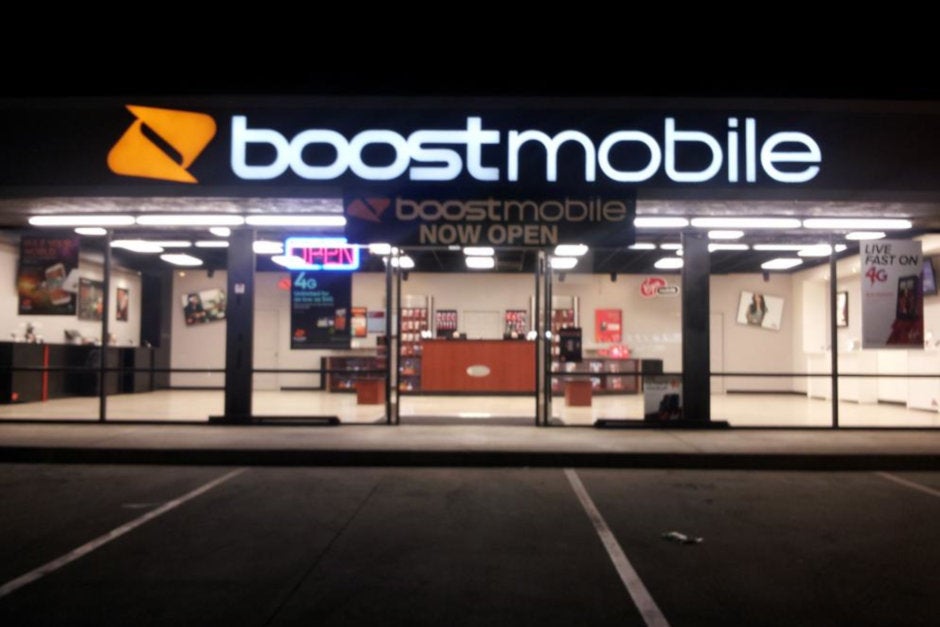
Boost Mobile could become a competitor to its current parent Sprint
But as we said, other companies have expressed interest in buying Boost along with some spectrum from Sprint, and the Times says that both merger partners have spoken with companies like Dish Network, Charter and Altice. Dish, you might recall, was involved in a battle with Japan's SoftBank for control of Sprint back in 2013.
A little bit of math can show you if the public is optimistic or pessimistic about the deal closing
The three unnamed sources cited by the newspaper say that a settlement between T-Mobile, Sprint and the Justice Department will be announced next week. But a new issue has popped up that could be damaging to T-Mobile and Sprint's plans. Earlier this week, nine state attorneys general and the attorney general of Washington D.C. filed a suit in New York to block the merger.
Investors feel that the odds of the deal closing are much improved. The spread between Sprint's current stock price ($7.01) and the theoretical value of each Sprint share if the merger takes place ($7.68) has dropped to 67 cents from the $1.15 it was at last Tuesday. The narrower the spread, the more optimistic investors are about the deal closing. You can easily compute this yourself by taking T-Mobile's stock price (TMUS) and multiplying by .10256. That is how many T-Mobile shares each Sprint holder will receive if the merger goes through. Take that figure and subtract from it Sprint's current stock price (S) to compute the spread.
T-Mobile has a rather checkered past when it comes to mergers and the DOJ. Back in 2011 when the carrier was practically irrelevant, AT&T agreed to buy the company for $39 billion. The deal would have made AT&T the largest wireless operator in the U.S., but the Justice Department put the kibosh on the deal. Sprint, and then CEO Dan Hesse, were among the most vocal opponents to the deal. In 2014, both T-Mobile and Sprint floated a trial balloon about combining. But before a deal could be announced, the FCC and Justice Department each expressed their reluctance to approve a merger. Things have changed since then. T-Mobile is now the fastest growing and most innovative of the four major carriers, and Sprint is in need of some help. While the DOJ may disagree, many argue that a combined T-Mobile-Sprint would offer more competition to AT&T and possibly Verizon.

PhoneArena headline from March 20, 2011; the deal never closed
In addition to agreeing to sell Boost Mobile to get Ajit Pai and the FCC to approve the transaction, T-Mobile and Sprint promised to have 97% of the U.S. covered by its 5G signals three years after the deal closes and also agreed to a price freeze over that same 36 month period. There is another aspect to the merger; T-Mobile's low-frequency 600MHz spectrum will mesh well with Sprint's 2.5GHz mid-range airwaves to create a nationwide sub-6GHz 5G network.
Follow us on Google News






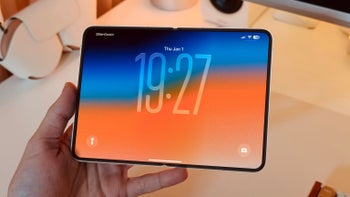

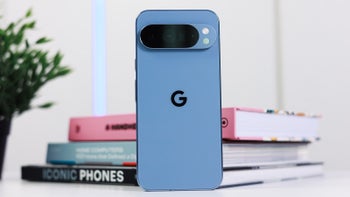

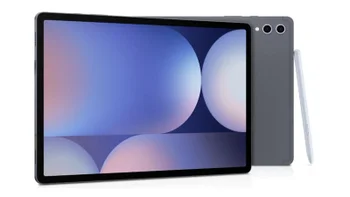
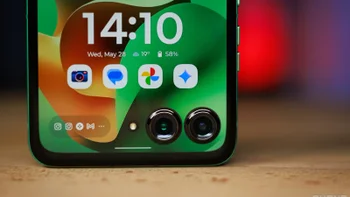
Things that are NOT allowed:
To help keep our community safe and free from spam, we apply temporary limits to newly created accounts: